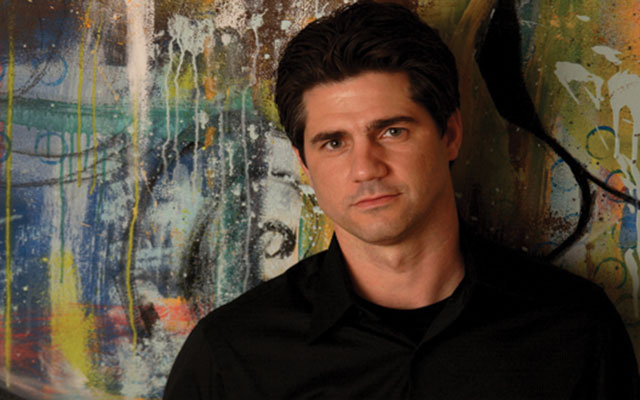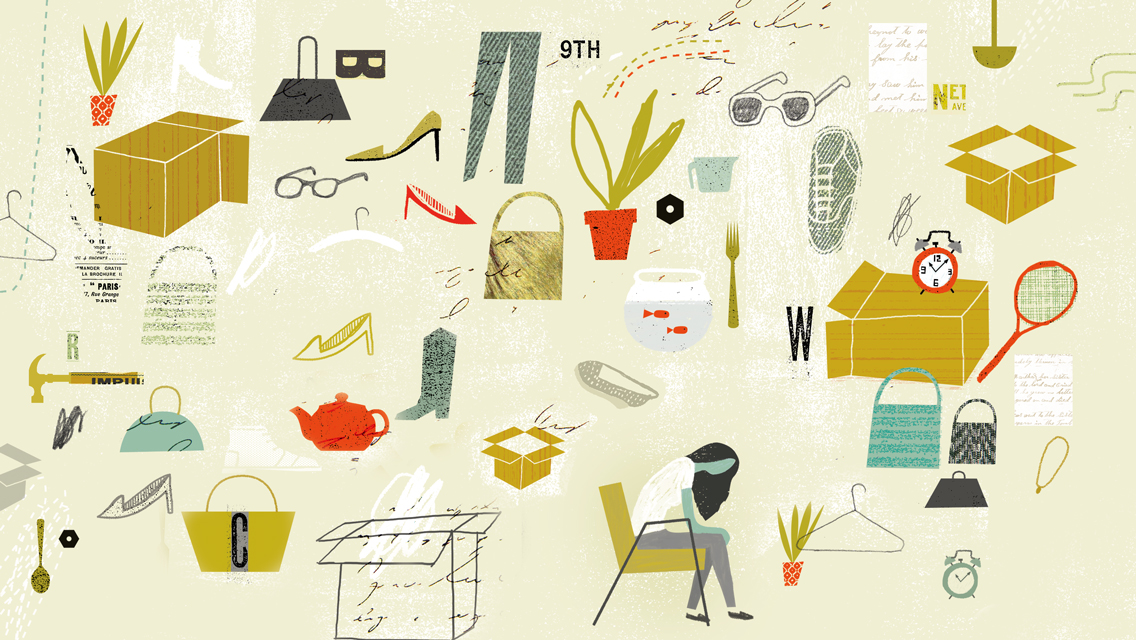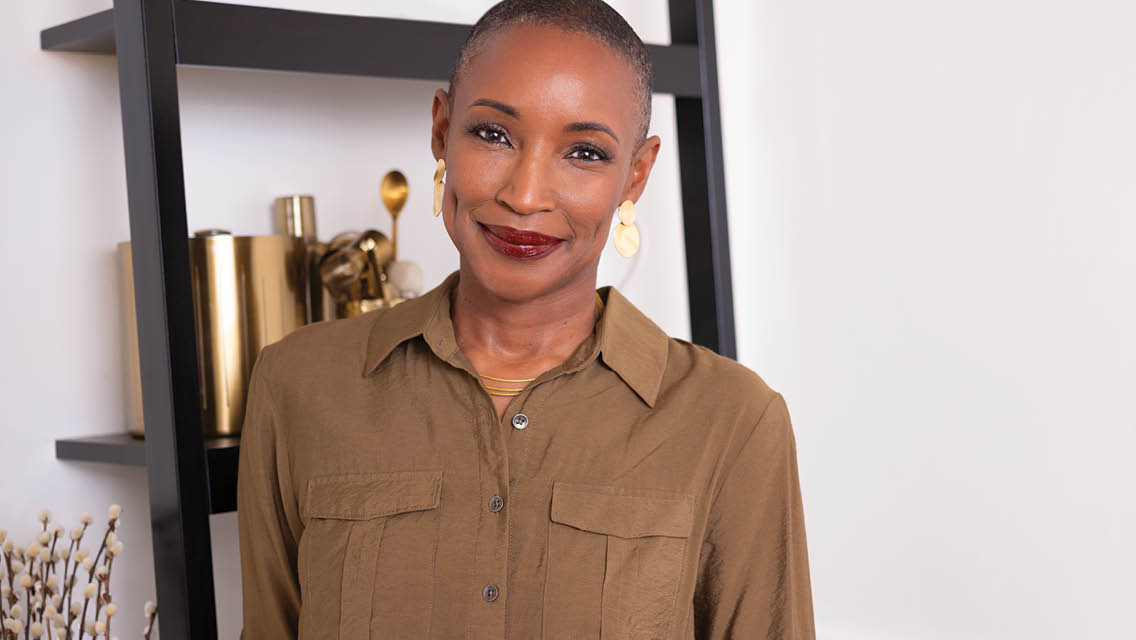Joshua Becker is the author of Simplify: 7 Guiding Principles to Help Anyone Declutter Their Home and Life and Clutterfree with Kids and lives with his wife and two children in Peoria, AZ.
Since 2008, Becker and his family have been focused on intentionally living with fewer possessions — something he calls “rational minimalism.” His blog, Becoming Minimalist, has inspired millions to clear the clutter from their lives so they, too, can discover that “an abundant life is actually found in owning less.”
Here are some of his best, simple tips for downsizing your life, your possessions, and your schedule.
Experience Life | What is minimalism, and how is it different from decluttering?
Joshua Becker | Minimalism, for me, is the intentional promotion of the things we most value and the removal of anything that distracts us from it. While there is certainly some overlap with decluttering, minimalism takes a harder look at possessions.
Decluttering is typically considered as removing “clutter” from our living spaces, but minimalism asks a further question: What do I actually need to fulfill my purpose in life? And how can I remove everything else permanently?
EL | What made you decide to intentionally downsize your possessions? How has the decision changed your life?
JB | It was a short conversation with my neighbor who introduced me to the lifestyle. I had spent a morning cleaning my garage and my five-year old son had spent the morning playing alone in my backyard.
When I began commenting to my neighbor about the time and energy I had just spent caring for my possessions, she said, “That’s why my daughter is a minimalist, she keeps telling me I don’t need to own all this stuff.”
In that moment, I saw for the first time, not just how my possessions were not making happy, but even worse, they were distracting me from the things that did.
EL | What are the benefits for your kids in having fewer toys? Is it challenging for them to live a minimalist lifestyle?
JB | Just like adults, unique personalities respond differently to the invitation of minimalism. Kids are no different. Certainly kids can make minimalism more difficult, but they also make it more important. Our kids are watching us and learning from us everyday. Parents who live focused on chasing and accumulating material possessions produce children who do the same. On the other hand, kids who learn boundaries and the opportunity to find freedom and contentment within them, become adults who find happiness there.
EL | What are some gifts we can give each other instead of more stuff?
JB | There are countless opportunities to express our love through gift-giving without giving physical objects: the gift of time, the gift of experiences, the gift of food or drink, or gifting opportunities to grow, immediately come to mind.
EL | What are some simple ways we can get started “de-owning” items?
JB | I think that is absolutely the key—starting simple. Too many people get caught up wondering how to declutter their most difficult items (books, sentimental items, their partner’s stuff, etc.) or all their stuff at the same time. But in actuality, the process should begin much simpler—with the easy stuff. I would encourage anybody to grab a bag and walk around their house filling it anything they don’t even want in their home anymore. It will likely fill up quicker than you think. The next day, grab another bag and repeat. Eventually, you will begin to experience the joy and freedom of owning less. Use that motivation to find even more things to remove.
EL | Minimalism isn’t just about having fewer possessions, it’s about living more simply in general. What are some other areas of our lives that we can simplify that might bring us a more joyful, balanced life?
JB | There are countless opportunities to remove distractions from our life—anything that is keeping us from fulfilling our greater purpose in life. These principles can be applied to our health, our schedules, our relationships, our online worlds, even the words we use.
EL | You talk a lot about minimalism including becoming “unbusy.” What are some simple ways we can declutter our schedules?
JB | I wrote a whole piece on this topic called “A Helpful Guide to Becoming Unbusy.” But generally speaking, I think the goal is to bring greater intentionality into our schedules rather than following the flow of society or the people around us. Take a hard look at your calendar and (to repeat an often used phrase in this conversation) evaluate which items are bringing you closer to your greatest goals in life and which are not. Remove the latter.
This article has been updated. It originally appeared in the April 2015 issue of Experience Life magazine.




This Post Has One Comment
[…] Read more about Joshua Becker and his story in this article. […]